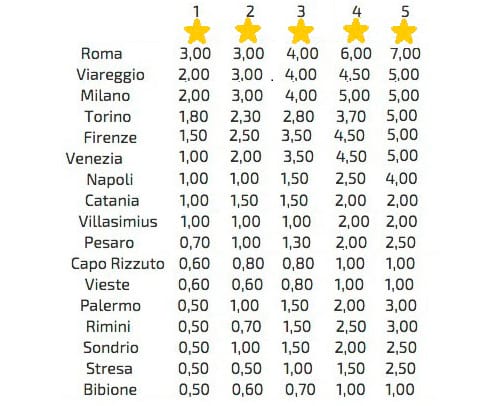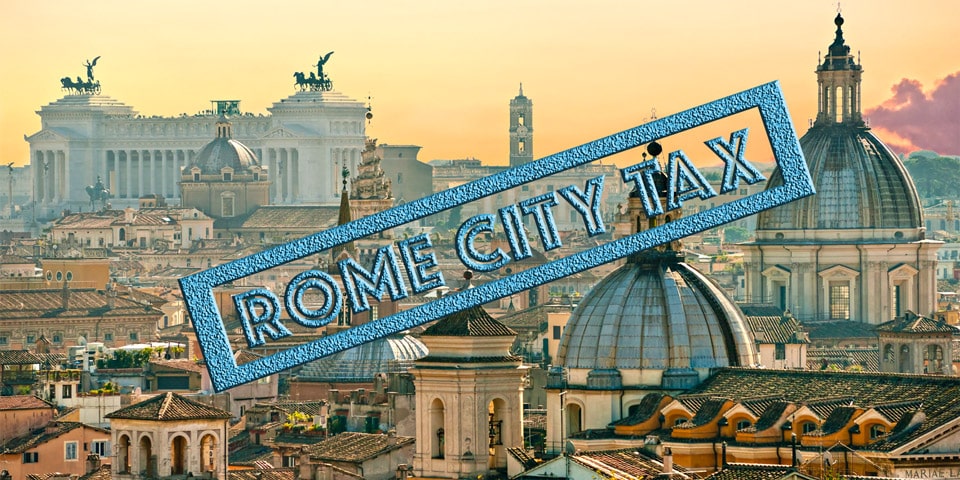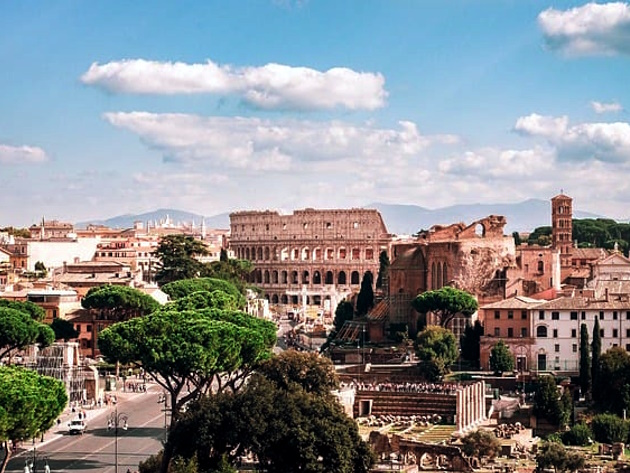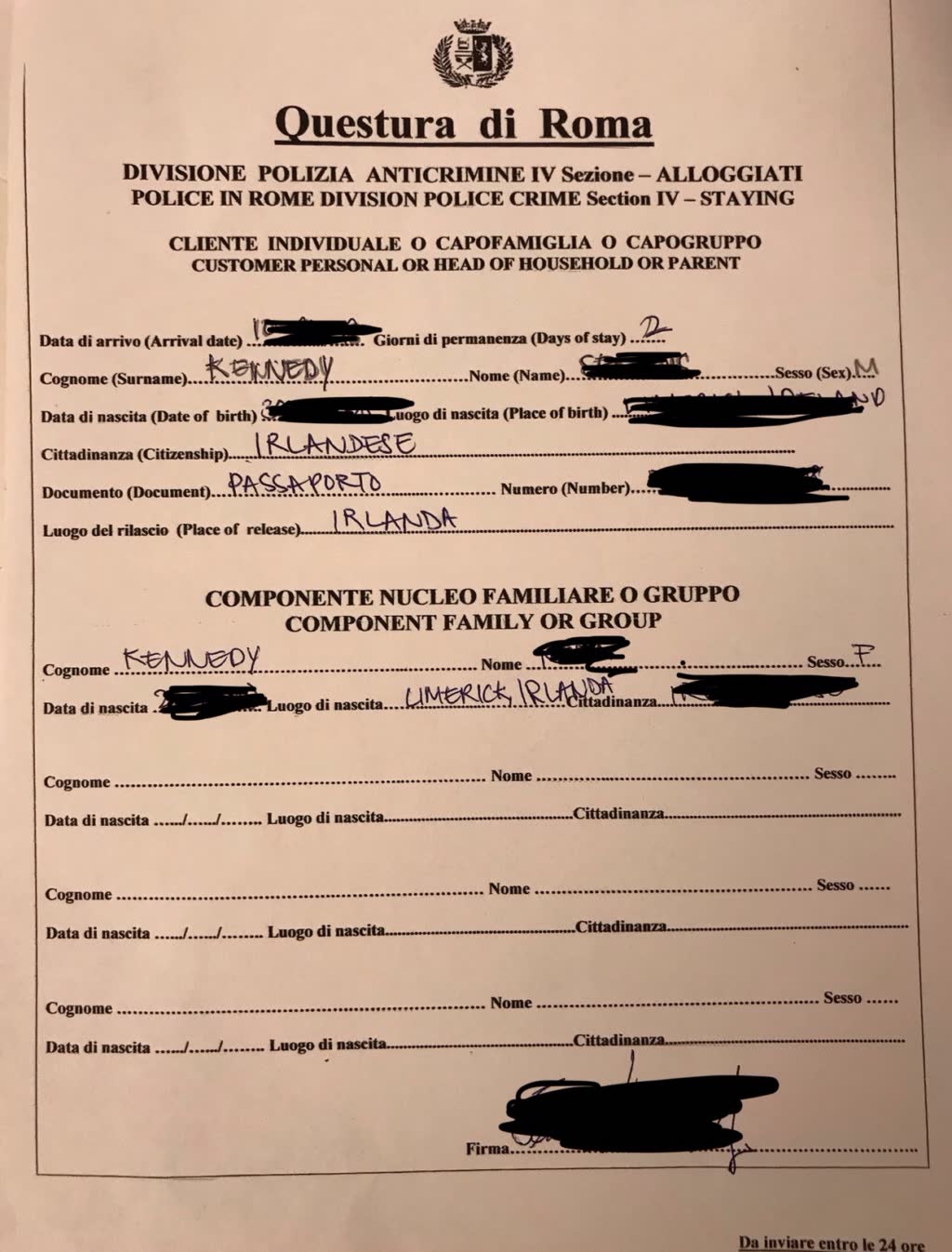When I first visited Rome, I was mesmerized by its history, art, and architecture. However, one aspect I wasn’t fully aware of was the tourist tax that the city imposes on visitors. It’s a small detail that can affect your budget but is essential to understand to plan your trip effectively. In this article, we will delve into everything you need to know about the tourist tax in Rome, including its rates, what it covers, and some practical tips to navigate it seamlessly.
What is the Tourist Tax in Rome?
The tourist tax, or “imposta di soggiorno,” is a fee charged to travelers staying in the city of Rome. This tax is applicable to all visitors who spend the night in the city, whether you’re staying in a hotel, hostel, or vacation rental. The funds collected from this tax are used to maintain and enhance the city’s cultural and historical sites, public services, and tourism infrastructure.
Why Does Rome Charge a Tourist Tax?
This tax is a common practice in many cities around the world and is primarily aimed at preserving the city’s rich heritage and supporting local services. During my visit, I learned that the fee significantly contributes to the upkeep of popular attractions, such as the Colosseum and the Vatican, making it a worthwhile investment for travelers.
Current Rates of the Tourist Tax
The tourist tax rates can vary depending on the type of accommodation and the season. As of 2023, here is a breakdown of the tax rates:
| Type of Accommodation | Low Season (Jan – Mar, Nov – Dec) | High Season (Apr – Oct) |
|---|---|---|
| Luxury hotels (4-5 stars) | €6.00 per person per night | €7.00 per person per night |
| Mid-range hotels (2-3 stars) | €3.00 per person per night | €4.00 per person per night |
| Hostels | €3.00 per person per night | €4.00 per person per night |
| Apartments and vacation rentals | €3.00 per person per night | €4.00 per person per night |

Key Information About the Tourist Tax
Who is Exempt from the Tax?
Not everyone is required to pay the tourist tax in Rome. The following groups are typically exempt:
- Children under the age of 10
- Residents of Rome
- Individuals visiting for medical purposes (with proof)
- Students and teachers on school trips
How is the Tax Collected?
The tax is usually collected by your accommodation provider. When you check-in, they will inform you of the amount due, and it’s typically added to your final bill. I remember being notified about this charge at my hotel, which allowed me to budget accordingly for my stay.
Travel Tips for Managing the Tourist Tax
Here are some practical tips to make your trip to Rome smoother regarding the tourist tax:
1. Plan Ahead
Before booking your accommodation, factor in the tourist tax to your budget. This small fee can add up, especially if traveling with family or friends. For example, during my visit with friends, we realized that the tourist tax slightly affected our dinner outings, so we adjusted accordingly.

2. Keep Track of Your Receipts
When you pay the tourist tax, ensure you receive a receipt. This can be useful for keeping track of your expenses and ensuring you’re charged the correct amount.
3. Leverage Off-Peak Seasons
If your schedule allows, consider visiting Rome during the low season to enjoy lower tourist tax rates and fewer crowds. I found that traveling in early March not only saved me money but also made for a more enjoyable experience without long lines at major attractions.

Pros and Cons of the Tourist Tax
Pros
- Supports City Maintenance: The tax helps fund the preservation of historical sites.
- Improves Tourism Infrastructure: Funds are allocated toward public transportation and services.
- Reduces Overcrowding: Higher costs during peak seasons can deter some tourists, making for a more pleasant experience.
Cons
- Adds to Travel Costs: For budget travelers, unexpected costs can be frustrating.
- Confusion at Check-In: Some travelers may not be aware or prepared for this tax.

Frequently Asked Questions about the Tourist Tax in Rome
What do I need to pay the tourist tax?
Simply provide your identification at check-in, and your accommodation will handle the rest.
Is the tourist tax included in my hotel price?
No, the tourist tax is usually added on top of your accommodation costs, so it’s essential to check this before booking.

Are there any additional costs I should be aware of?
Besides the tourist tax, some attractions may charge entrance fees. Always check ahead to budget accordingly.
Conclusion: A Small Price for an Enriching Experience
Understanding the tourist tax in Rome is crucial for any visitor aiming to enjoy the city’s wonders. While it may seem like an extra cost, it plays a vital role in maintaining the very attractions you come to see. Traveling through Rome was one of the highlights of my life; from admiring the grandeur of the Vatican to wandering the charming streets of Trastevere, the memories made are worth every cent spent.

Final Thoughts
As you prepare for your adventure, keep this information in mind. Embrace every moment in this beautiful city, and don’t let the tax deter you from experiencing all that Rome has to offer. Happy travels!